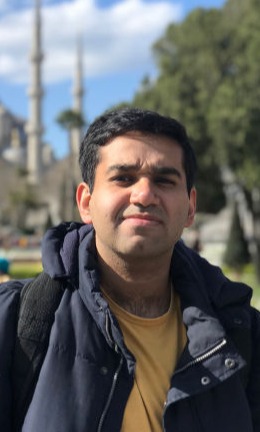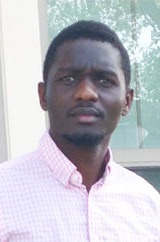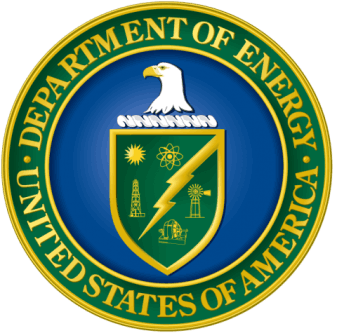Lecturers

Claudia Ratti (PI)
Quantum Chromodynamics
Lattice QCD
Effective field theories
Theoretical heavy-ion physics
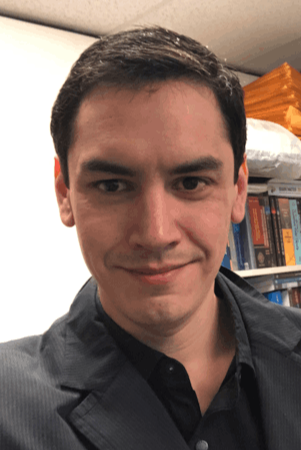
Israel Portillo (Coordinator)
Theoretical nuclear physics
Computational techniques
Hands-on exercise sessions
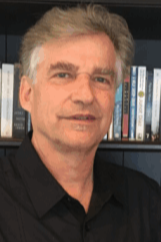
Rene Bellwied
Experimental heavy-ion physics
Detectors
Computational techniques
Professional opportunities in Nuclear Physics
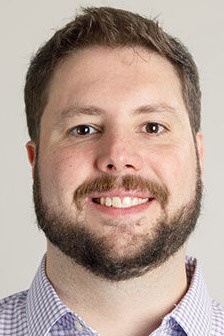
Daniel Cherdack
Experimental neutrino physics
Neutrino fluxes and connections to nuclear physics
Applied math and statistics for neutrino physics
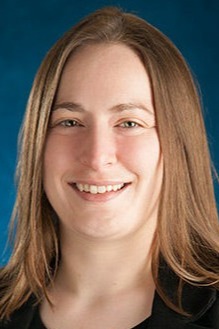
Lisa Koerner
Experimental neutrino physics
Neutrino detectors
Neutrino experiments
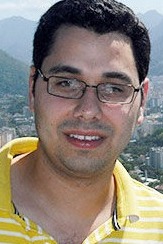
Anthony Timmins
Experimental heavy-ion physics
Detectors
Computational techniques

Volodymyr Vovchenko
Theoretical nuclear physics
Phenomenology of heavy-ion collisions
Computational techniques

Angeliki Diane Rigos (guest lecturer - MIT)
Leadership
Self-awareness
Role of personality and personal history
